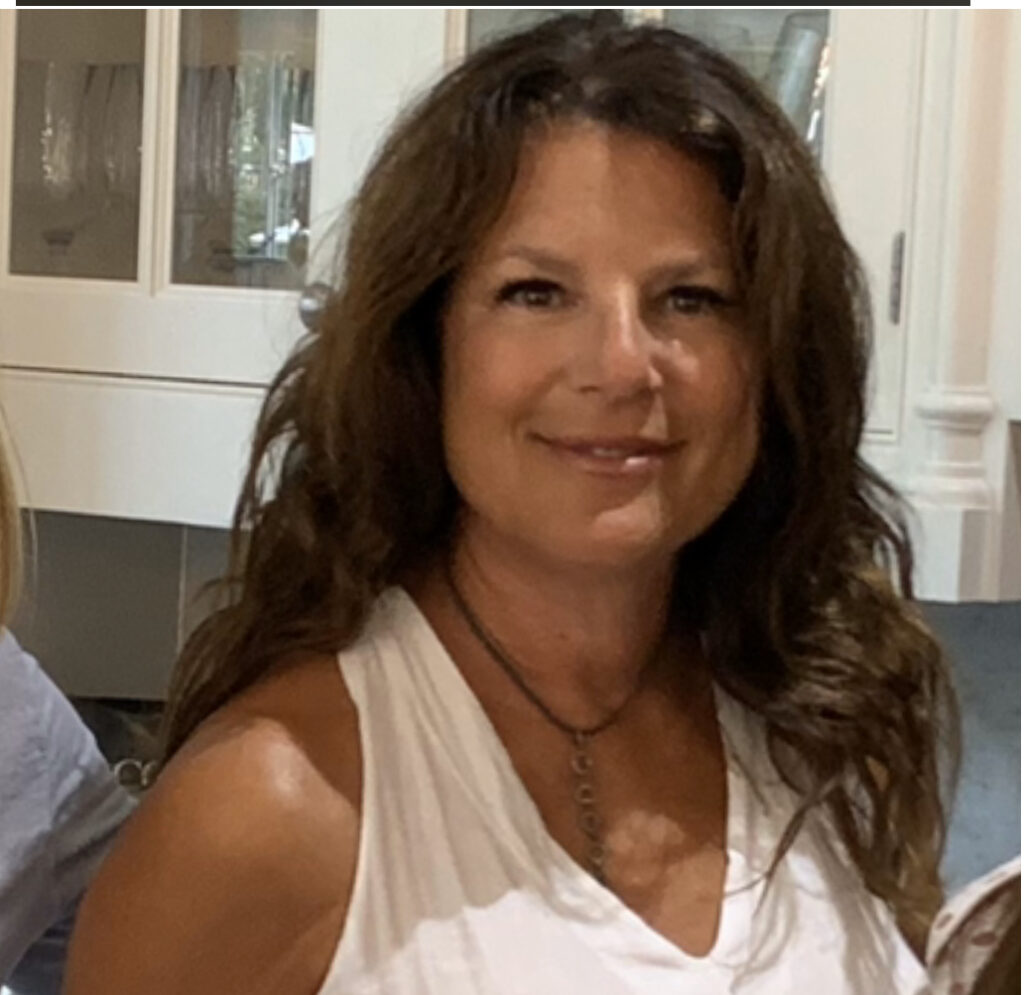Hello! New temporary world… we are all suddenly faced with extreme emotions: sadness, fear, anxiety, and uncertainty as a nation.
When I think back to the most difficult of times, I recall not being able to imagine how my life could ever be good again. I was stuck in a place of sadness, fear, and uncertainty. Lacking any vision of my future, I needed tools to navigate this time and bring me back to the bright side of life. Seeing the silver linings of my life truly helped me find happiness again.
While some are coping with true isolation during Coronavirus, many Millennial and Gen Z professionals have escaped dense cities by moving back into their parents’ homes avoiding crowded settings or want to be close to their parents. The most natural thing in the world is to want to bond and affiliate with those closest to us, however, for Moms and Dads accustomed to being empty nesters, this transition is posing new challenges.
In the face of this crisis, what is actually happening now that adult children have moved back to the nest? New stressors present, making it hard to maintain a sense of humor! Sharing coveted food, chores, family meals, private space; managing personality conflicts and moods…it ain’t easy to say the least!
Science based studies at Berkeley University have shown evidence that seeing the silver linings, and looking on the bright side of life during a crisis can increase happiness. Boosting your sense of self and purpose, motivates you to push through your down days and find ways to cope by replacing negativity and anxiety with positivity and peace.
Here are some tips you can do to get back into the habit of recognizing positive aspects of your life and seeing the upside to challenging situations rather than fixating on the downsides. With repeated practice you may find that it comes more naturally to look on the bright side even during Coronavirus.
1. List five things that make you feel like your life is enjoyable, enriching, or worthwhile at this moment. These things can be as general as being in good health or as specific as drinking a delicious cup of coffee this morning; taking a quiet walk, listening to your favorite music, or simply completing a puzzle. The purpose of this first step is to help you shift into a positive state of mind about your life in general.
2. Think about feeling frustrated, or upset. For Example, perhaps you feel overwhelmed by the added stress of more inhabitants in your “nest. Briefly describe the situation in writing, i.e. excessive cleaning and cooking, dodging moods.
3. Then, list three things that can help you see the bright side of this situation. For example: you’re fortunate to have a home where your family can bond; this is an opportunity to enjoy adult conversations over dinner; recognize the value of quality and quantity time together that you would not have had otherwise.
Recognizing your own SILVER LININGS during this crisis will help you feel happier, more peaceful! I’m here to help if you get stuck! Please contact me.
Linda Jacobs, MA- LMHC- Licensed Therapist, with a Masters Degree in Mental Health Counseling. I Have completed extensive workshops at the renowned Albert Ellis Institute in NYC. As a practitioner, I work closely with individuals, seeking to help identify their individual set of beliefs (attitudes, expectations and personal rules) that frequently lead to emotional distress. I am committed to the promotion of emotional and behavioral health through the use of Rational Emotive Behavior Therapy (REBT) as a comprehensive, evidence-based psychotherapy.

